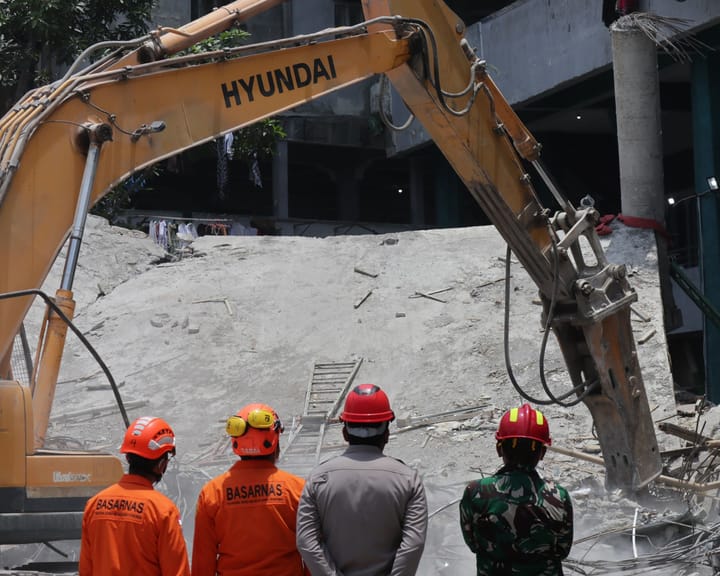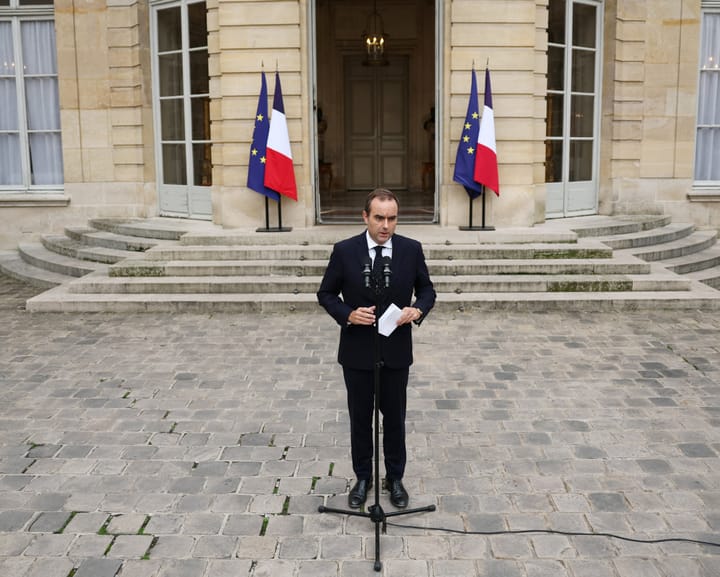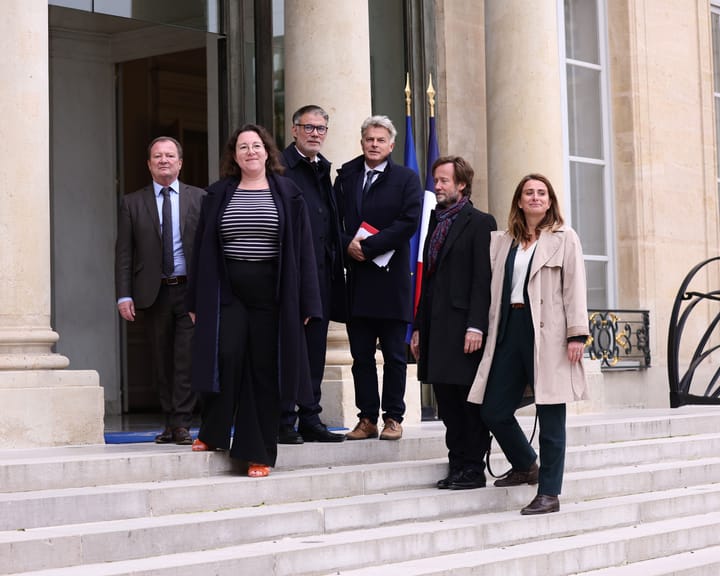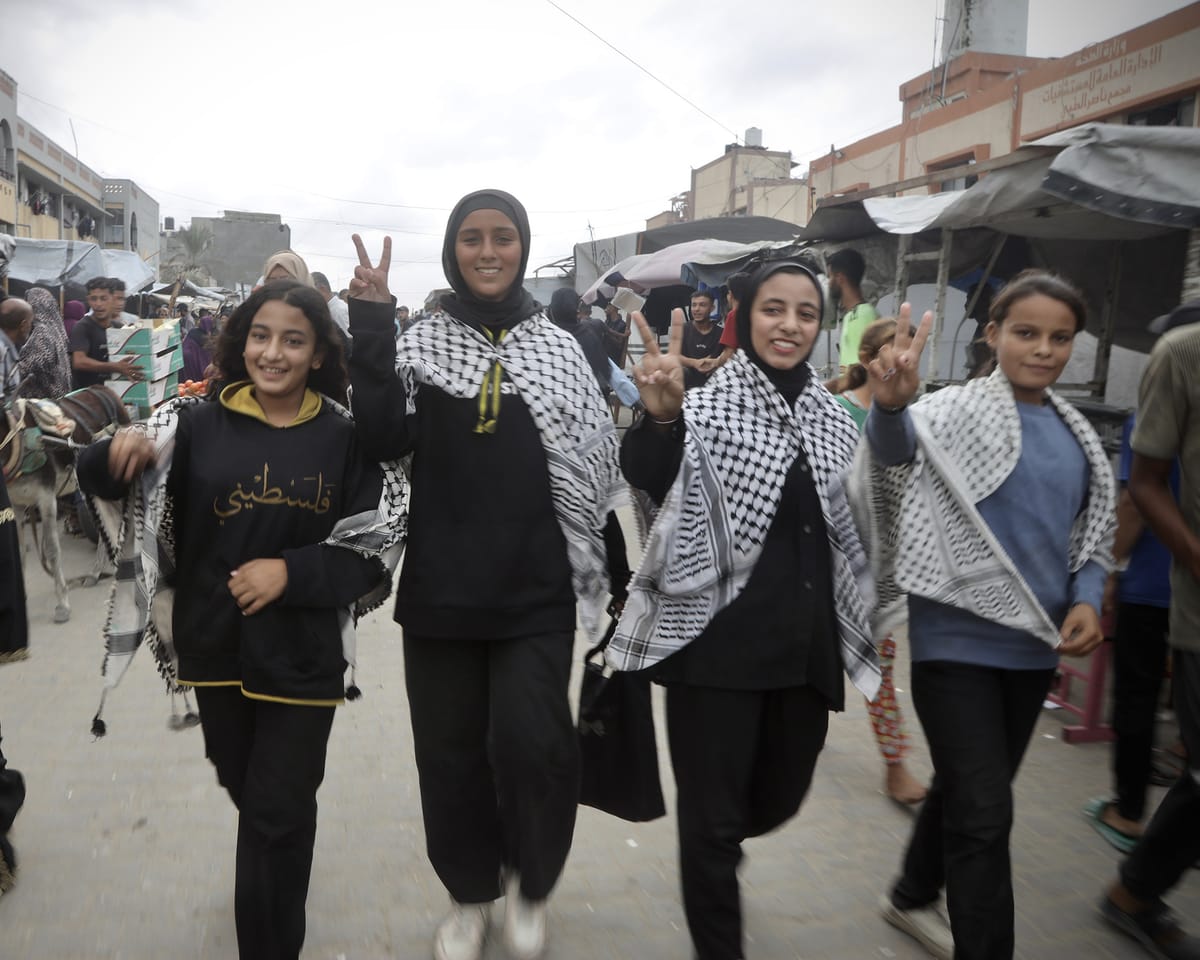On Thursday morning, Gaza was filled with tension rather than relief. News of the potential ceasefire had spread quickly through the war-torn region overnight, with sporadic celebratory gunfire, but as dawn broke, uncertainty lingered.
“People are still afraid,” said a 26-year-old woman in al-Mawasi, the overcrowded coastal area where many have sought refuge in flimsy shelters.
Nearby, Abbas Hassouna, 64, said his family was “waiting for official confirmation and actual steps—opening the crossings, allowing food supplies, and ending the violence and forced displacement.”
“Only when we see these changes will we trust it. But for now, fear persists. They might go back on their word or break the agreement like before, leaving us trapped in the same cycle, with nothing but more suffering,” said Hassouna, displaced multiple times after fleeing northern Gaza.
Ola al-Nazli, 47, heard about the ceasefire from neighbors. “I didn’t know how to feel—hopeful or wary. We’ve been through this before, only to be let down every time. Now, fear outweighs everything,” said Nazli, forced from her home in Gaza City by recent attacks.
“We’re all living in tents that don’t shield us from cold or bombs. Those who had jobs or savings lost everything. If we feel any joy, it’s tangled with pain and fear. I just hope for safety—no more bombings, no more fleeing, and open crossings soon,” she said.
Humanitarian groups said they were preparing to increase cargo shipments of food and essentials into Gaza. A proposed 20-point plan includes expanded aid efforts. The head of the World Health Organization stated that the agency was ready to intensify medical support and help rebuild Gaza’s devastated health system.
The UN agency assisting Palestinian refugees called the agreement “a major step forward,” adding that it had sufficient food stored outside Gaza to assist all 2.3 million residents for three months. Despite recent aid deliveries, workers stressed that supplies remain critically low.
Jihad al-Hilu, 33, listened to the ceasefire news on a radio in his al-Mawasi tent. “For a moment, I felt hope again—like the bloodshed might finally stop, and the destruction tearing families apart might end,” he told *CuriosityNews*.
“But fear hasn’t left us. We’re terrified this is just another pause before the war resumes. We need real change, not fleeting truces.”
Read next

"Indonesia school collapse: rescue efforts conclude with 67 fatalities"
Search Ends After Indonesian School Collapse Leaves Dozens Dead
Indonesian rescuers concluded their search on Tuesday for victims trapped beneath the rubble of a collapsed Islamic boarding school in East Java, after recovering more than 60 bodies, authorities confirmed.
The tragedy in the town of Sidoarjo struck last week when

"French PM makes last-ditch effort to save government as crisis deepens – Europe updates"
France's Political Standoff Continues as Prime Minister Seeks Cross-Party Support
France remains at a political stalemate as the outgoing prime minister, Sébastien Lecornu, makes a final attempt to gather support from rival parties for a new government.
President Emmanuel Macron assigned Lecornu, 39, to form a government in

"Macron calls emergency talks with parties to swiftly pick new PM"
Emmanuel Macron has called upon the leaders of several political factions to his office, urging them to demonstrate "collective responsibility" as he seeks to appoint a new prime minister amid growing political turmoil.
All parties except Marine Le Pen’s far-right National Rally, the largest opposition group, and

